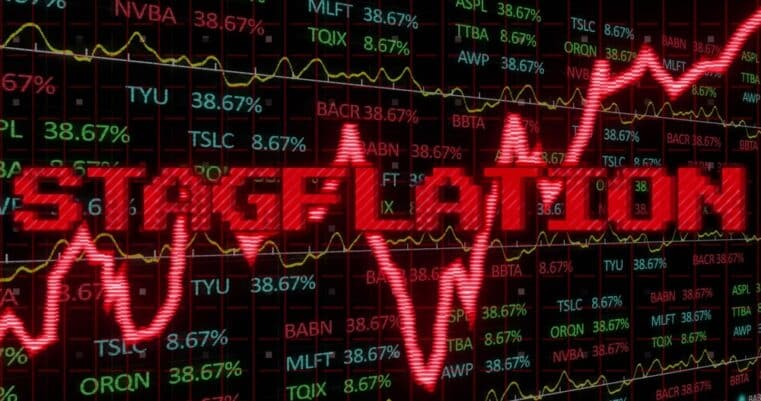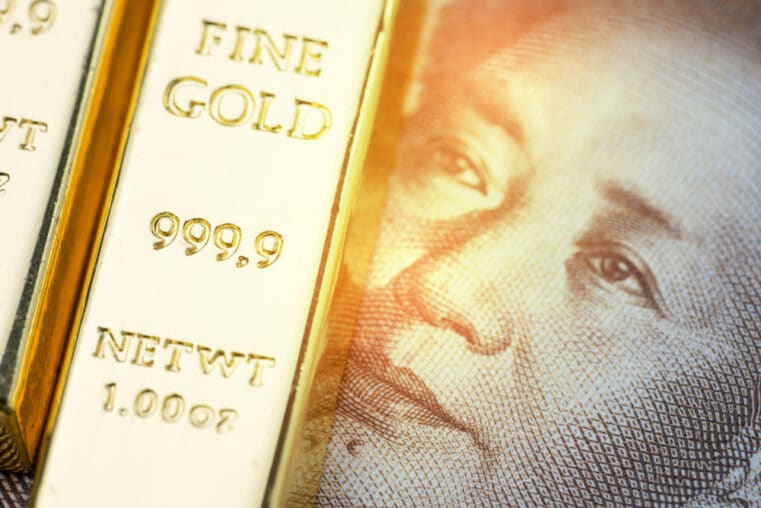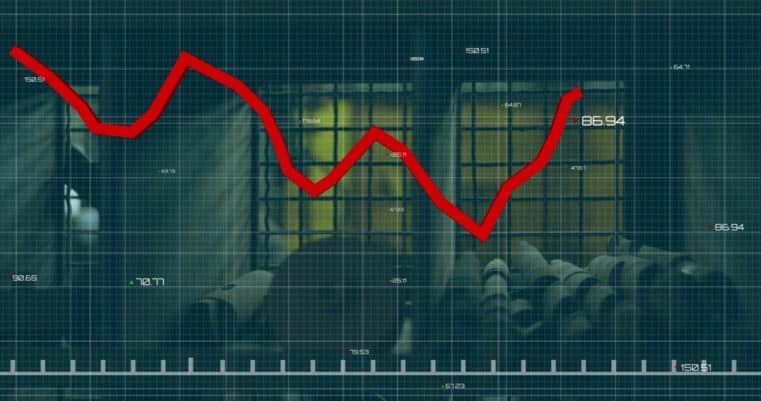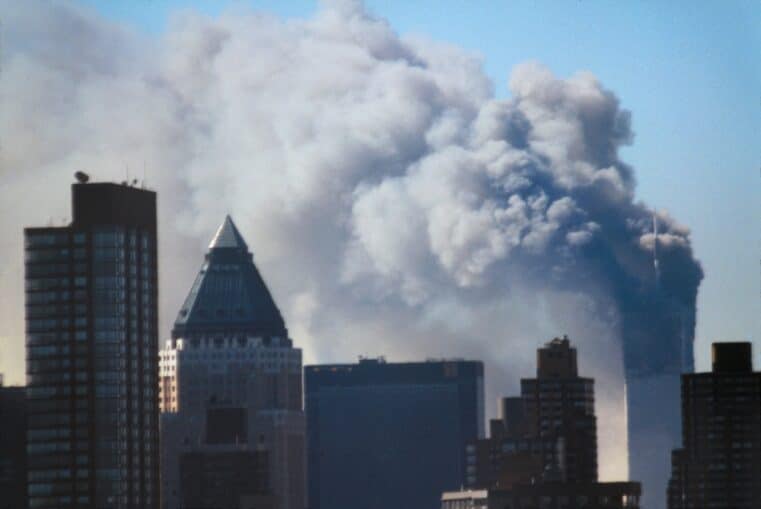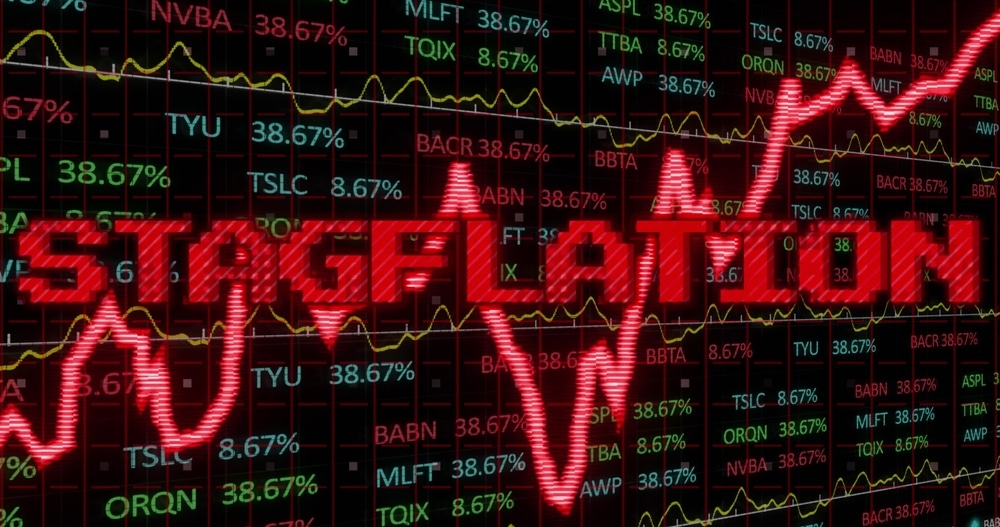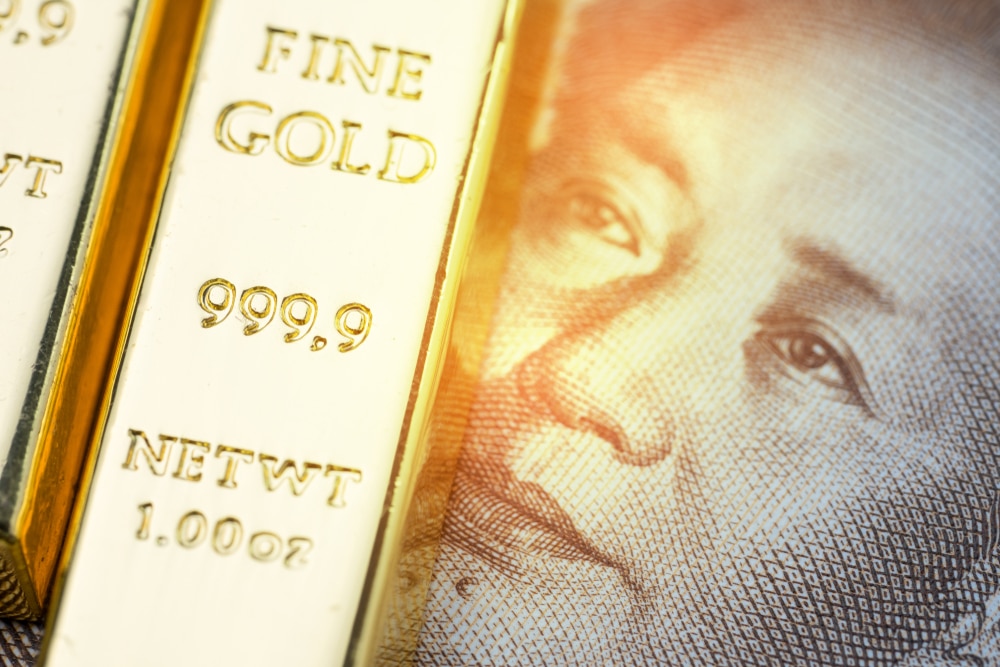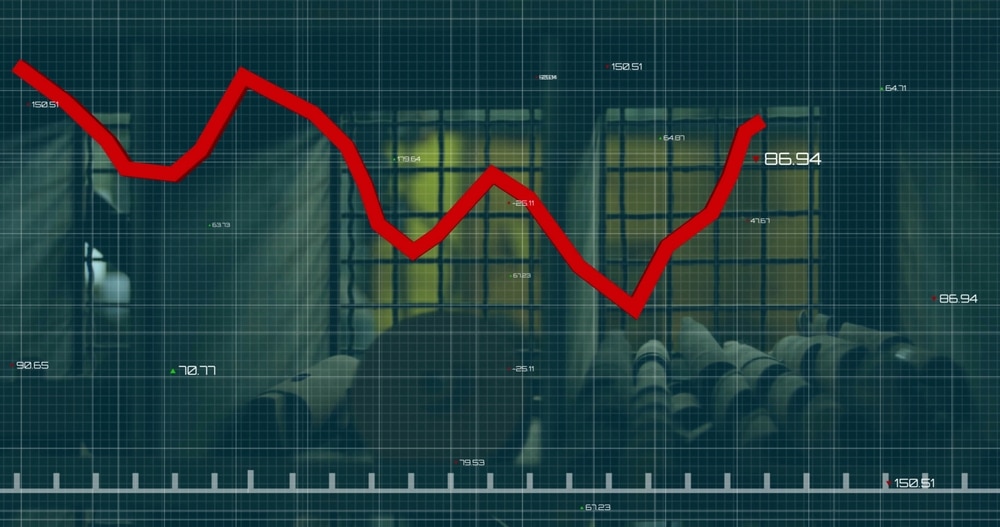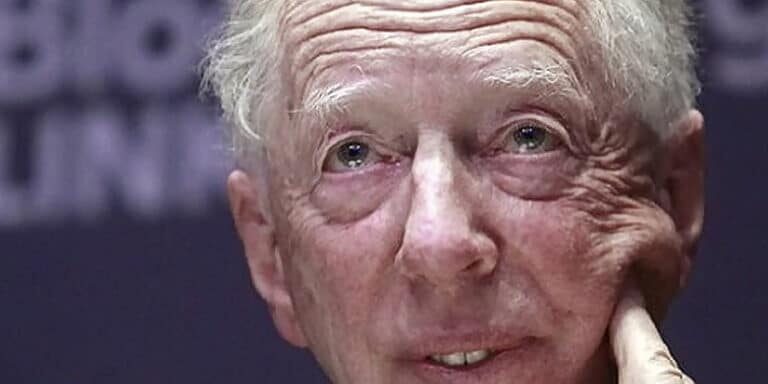
Jacob Rothschild and Others Prominent Investors Dump US Investments
We often assume that following the “smart money” may be the best path to take. So what are we to think when smart money decides to ditch all the assets that make up most of your investments?
Recent news of top investors cutting their US investments, such as the case with Jacob Rothschild (chairman of RIT Capital Partners), prompts us to stop and re-examine the state of the market. What it indicates is this: we are in a far more bearish situation now than we were several years ago.
If you dig deeper into the fundamentals, taking the time to thoroughly reassess the risks, you may see something far bleaker than expected: a vulnerable stock market that is on its last leg, a bull-run that is alarmingly overextended, and an economy so vulnerable to geopolitical dangers--the nature of which is unlike anything our nation had faced in decades--that it is on the brink not of a mere slow-down, but of an epic and inevitable free fall.
First, there’s an alarming disconnect between the market’s valuation and corporate earnings.
Have you heard of the CAPE ratio? It’s a metric that every investor needs to know about. CAPE stands for “cyclically adjusted price-to-equity.” Although it wasn’t intended to predict market crashes, its values nevertheless have been associated with market crashes--booms, busts, and bubbles.
A metric created by Noble laureate economist Robert Schiller, the CAPE ratio currently shows a valuation level that has been seen only twice:
- In 1929, right before Black Tuesday, and
- In 2000 before the bursting of the tech bubble.
The current CAPE reading of approximately 31 is almost double the historic average of 17. In 1929, it had surpassed the 30 mark right before crash that marked the beginning of the Great Depression. In 2000 it peaked at 44 right before the tech crash.
Second, the risks of our overvalued stock market is worsened by geopolitical tensions that hold a significantly huge negative payload.
Remember the tech crash of 2000? If you remember correctly, the long market sell-off didn’t happen in a vacuum. It was exacerbated by the tragic events of 9/11. The S&P 500 sunk nearly 50%!
It’s been seventeen years since...and we can draw similar comparisons.
- We have overvalued stocks, due to easy monetary policy of the corrupt Fed.
- We have the increasing probability of another attack due to Obama’s pathetically complacent foreign policies.
- And we have an objective metric (CAPE) that is giving us the same signals that it had in 1929 and 2000.
What kind of destruction do you think will happen if our conflict North Korea and China--two of our most dangerous adversaries--all of a sudden goes full-tilt?
3,000 Americans died because of the Islamic terrorist attacks on 9/11. If we end up going to war with North Korea and China, the destruction will be far more widespread than anything our country has seen before. And economically, our dollar-denominated assets will be toast.
This is why the smart money is unloading and abandoning US stocks.
Rothschild: “We do not believe this is an appropriate time to add to risk. Share prices have in many cases risen to unprecedented levels at a time when economic growth is by no means assured...The period of monetary accommodation may well be coming to an end.”
This is a very polite way of saying that the current market is revelaing a blatant inefficiency. And it is NOT going to last much longer.
The smart move? The time has come to unload.
Should a selloff in US equities ensue, gold will be the best asset to own. The 2000 bubble led to a commodities supercycle that saw gold prices rise by over 600%. As for our current situation, take it from Goldman Sachs’ Jeff Currie:
“We find that gold can effectively hedge against geopolitical risk if the geopolitical event is extreme enough that it leads to some sort of currency debasement...For these events, gold essentially serves as a call option and can therefore be thought of as a “geopolitical hedge of last resort.” For example, gold served as an effective hedge after the events of September 11, 2001 when the US Federal Reserve substantially increased dollar liquidity, debasing the US dollar. Gold also proved an effective hedge during the Gulf Wars as governments printed money. That said, it is interesting to note that the oil supply disruptions created by Gulf War I led oil to act as a better hedge than gold, which has been the case during several geopolitical events centered around oil-producing nations.
Following the smart money often entails going against the grain, or rather, refusing to follow the herd. Remember, pigs get slaughtered, and sheeple fall of cliffs. Don’t follow the herd.




